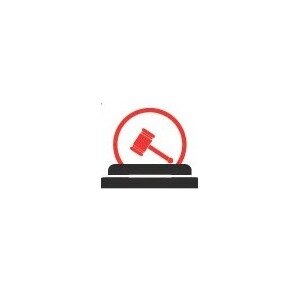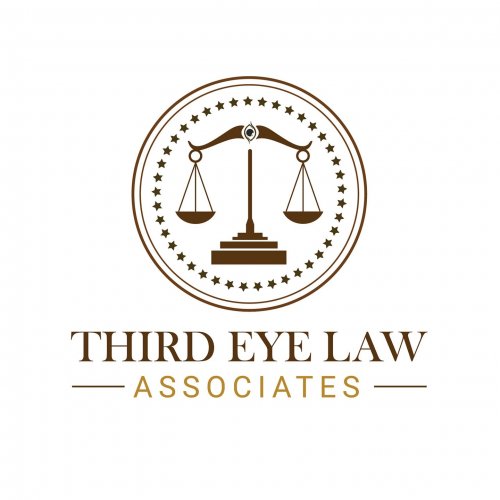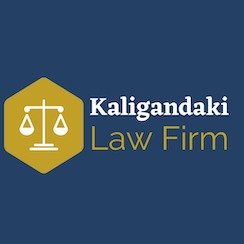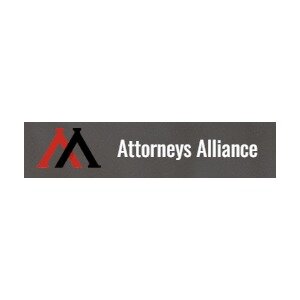Best Child Abuse Lawyers in Nepal
Share your needs with us, get contacted by law firms.
Free. Takes 2 min.
Free Guide to Hiring a Family Lawyer
Or refine your search by selecting a city:
List of the best lawyers in Nepal
About Child Abuse Law in Nepal
Child abuse in Nepal encompasses physical, emotional, and sexual harm to underage individuals. Despite being a critical issue, awareness and intervention are evolving. The Nepali government, through its legal framework, seeks to protect children's rights and prevent exploitation and maltreatment. The Children's Act 2018 along with other regulations, addresses the legal definitions and penalties for child abuse, aiming to safeguard children from harm and support victims throughout the criminal justice process.
Why You May Need a Lawyer
There are several reasons one might require legal assistance in cases of child abuse in Nepal:
- Reporting Abuse: Victims or guardians may seek help to report abuse and initiate legal proceedings.
- Understanding Rights: Legal guidance is crucial in understanding the rights of the child and guardians involved.
- Protection Orders: Lawyers can help in securing protection orders to ensure the safety of the child.
- Prosecuting Offenders: Legal representation is essential for pursuing justice against offenders in court.
- Navigating the System: Legal professionals assist in navigating the often complex legal and bureaucratic system.
- Child Custody: In cases involving abuse, determining custodial arrangements may require legal intervention.
- Advocating for Services: Lawyers can advocate for additional support, such as counseling services for the child.
Local Laws Overview
Nepal's legal framework concerning child abuse includes several key aspects:
- The Children's Act 2018: This act outlines the rights of children and mandates measures to safeguard those rights, including protection from abuse and exploitation.
- Penal Code: Contains provisions that criminalize various forms of child abuse, detailing penalties and procedures for prosecution.
- Reporting Obligations: Legal provisions oblige certain professionals to report suspected abuse, underscoring the importance of community intervention.
- Juvenile Justice System: Provides a framework for handling cases involving minors, emphasizing rehabilitation and protective measures.
- Family Law: Tackles issues of custody and guardianship in cases where abuse affects family dynamics.
Frequently Asked Questions
1. What constitutes child abuse in Nepal?
Child abuse in Nepal includes physical, emotional, or sexual harm, neglect, and exploitation of children under 18 years.
2. How can I report child abuse?
Incidents can be reported to local police, child helplines, or social welfare organizations. Legal advice can assist in formal reporting processes.
3. Are there penalties for child abuse in Nepal?
Yes, the Penal Code specifies various penalties for different forms of abuse, including imprisonment and fines.
4. Can a child victim receive legal aid?
Yes, Nepal provides legal aid options for child victims to ensure they have representation and support through legal processes.
5. What rights do abused children have?
Children have the right to protection, rehabilitation, and legal recourse under the Children's Act 2018.
6. Is counseling available for victims of child abuse?
Counseling and psychological support services are available through various governmental and non-governmental organizations.
7. What role do NGOs play in preventing child abuse?
NGOs are crucial in raising awareness, providing support and rehabilitation, and assisting in legal proceedings related to child abuse.
8. Can a guardian lose custody due to child abuse allegations?
Yes, courts may reassign custody if it's in the child’s best interest and there is evidence of harm or risk.
9. What legislation protects children from human trafficking?
The Human Trafficking and Transportation (Control) Act protects against trafficking, including of children, with stringent penalties.
10. Are schools obligated to report abuse?
Yes, educational institutions must report suspected cases of abuse, and failure to do so can result in penalties.
Additional Resources
For additional help, you can contact the following organizations:
- National Child Rights Council: Provides oversight and safeguards child rights through various initiatives.
- District Child Welfare Boards: Local boards assist in child protection efforts and offer resources for affected children and families.
- UNICEF Nepal: Engages in numerous child protection projects across the country.
- Child Helpline 1098: Offers a 24-hour aid and support service for children in distress.
Next Steps
If you need legal assistance for child abuse in Nepal, consider the following steps:
- Contact a licensed child rights attorney who specializes in cases of abuse.
- Gather all necessary documentation and evidence related to the abuse.
- File a formal complaint with local authorities or seek protection orders if necessary.
- Utilize available legal aid services if financial constraints are an issue.
- Engage with support organizations for counseling and rehabilitation services.
- Stay informed about your legal rights and responsibilities throughout the process.
Lawzana helps you find the best lawyers and law firms in Nepal through a curated and pre-screened list of qualified legal professionals. Our platform offers rankings and detailed profiles of attorneys and law firms, allowing you to compare based on practice areas, including Child Abuse, experience, and client feedback.
Each profile includes a description of the firm's areas of practice, client reviews, team members and partners, year of establishment, spoken languages, office locations, contact information, social media presence, and any published articles or resources. Most firms on our platform speak English and are experienced in both local and international legal matters.
Get a quote from top-rated law firms in Nepal — quickly, securely, and without unnecessary hassle.
Disclaimer:
The information provided on this page is for general informational purposes only and does not constitute legal advice. While we strive to ensure the accuracy and relevance of the content, legal information may change over time, and interpretations of the law can vary. You should always consult with a qualified legal professional for advice specific to your situation.
We disclaim all liability for actions taken or not taken based on the content of this page. If you believe any information is incorrect or outdated, please contact us, and we will review and update it where appropriate.
Browse child abuse law firms by city in Nepal
Refine your search by selecting a city.

















